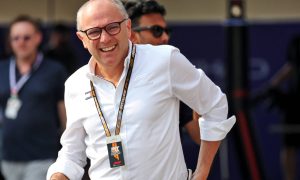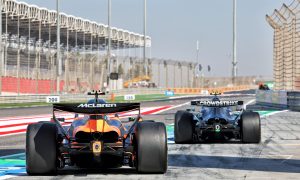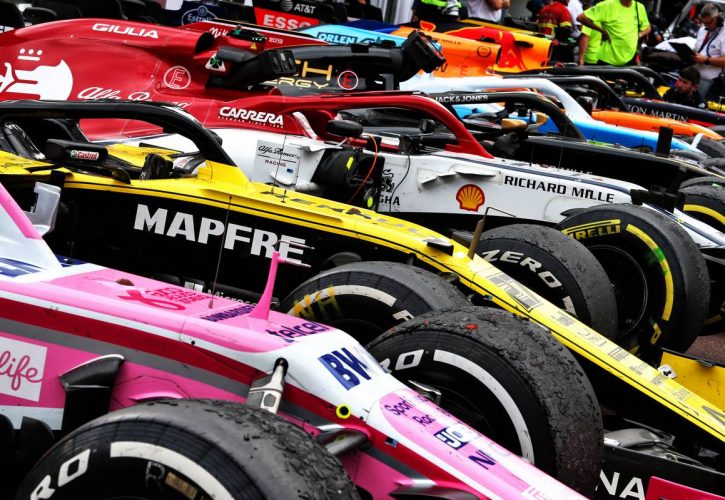
Formula 1 CEO Chase Carey has confirmed that the spending of all ten F1 teams will be monitored next season, a year ahead of the formal introduction of the sport's $175m budget cap.
F1, the FIA and the teams have agreed on cost cutting measures from 2021, with spending capped at $175m.
However, the number excludes a series of significant items, including drivers' salaries, engine costs and marketing expenses.
But properly policing the budget cap by the sport's legislators is obviously crucial to its reliable implementation.
Formula 1 will therefore undergo a "dry run" in 2020, with teams invited to open their books for a control and audit procedure but without any regulatory constraints.
"We wouldn't have done it if we didn't think it was enforceable," Carey said on Thursday, speaking on a conference call with financial analysts following the release of Liberty Media's second quarter results.
"Clearly you can account for everything. What you really need to make sure is that you have access to the right information to do the accounting, and that's just about us being disciplined and firm about what we need.
"We've addressed that. We're going to use 2020 – all the teams will participate in what I guess you could call effectively a dry run.
"The cost cap won't actually be enforced with consequences until 2021, but in 2020 what we are actually really going to go through is shaking out the bugs of accounting for the costs."
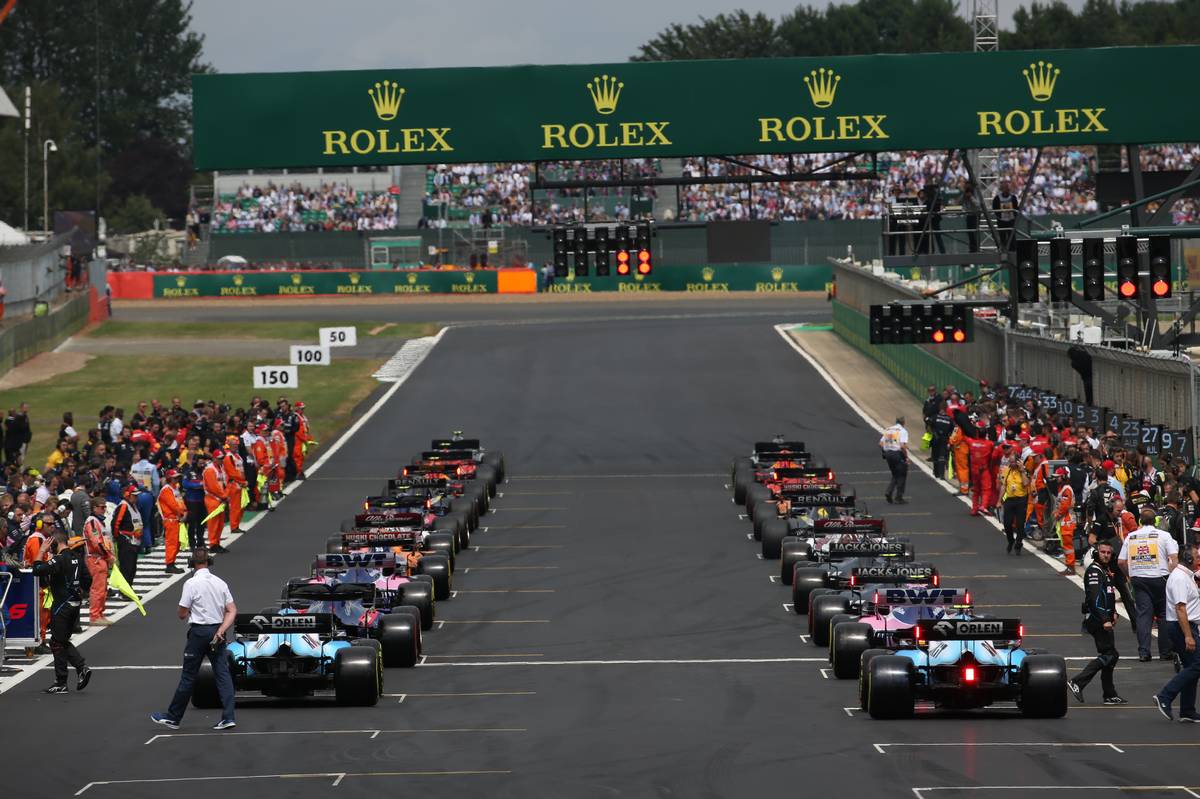
Carey underlined the ultimate purpose of the cost cutting measures, which is to create a sustainable business model for all existing teams, and one that will entice new teams to join the fray.
"Clearly one of the goals in terms of the cost cap is to create a healthier sport," he added.
"We've talked about the competitive goals, but it is equally important that the cost cap creates a business model that is healthy and growing and positive for our existing teams, and potential new teams coming into it.
"That has been enforced as we've had discussions with potential new teams. All have looked at steps in terms of cost discipline, and probably a more balanced revenue distribution as being cornerstones to creating what they think is an exciting opportunity."
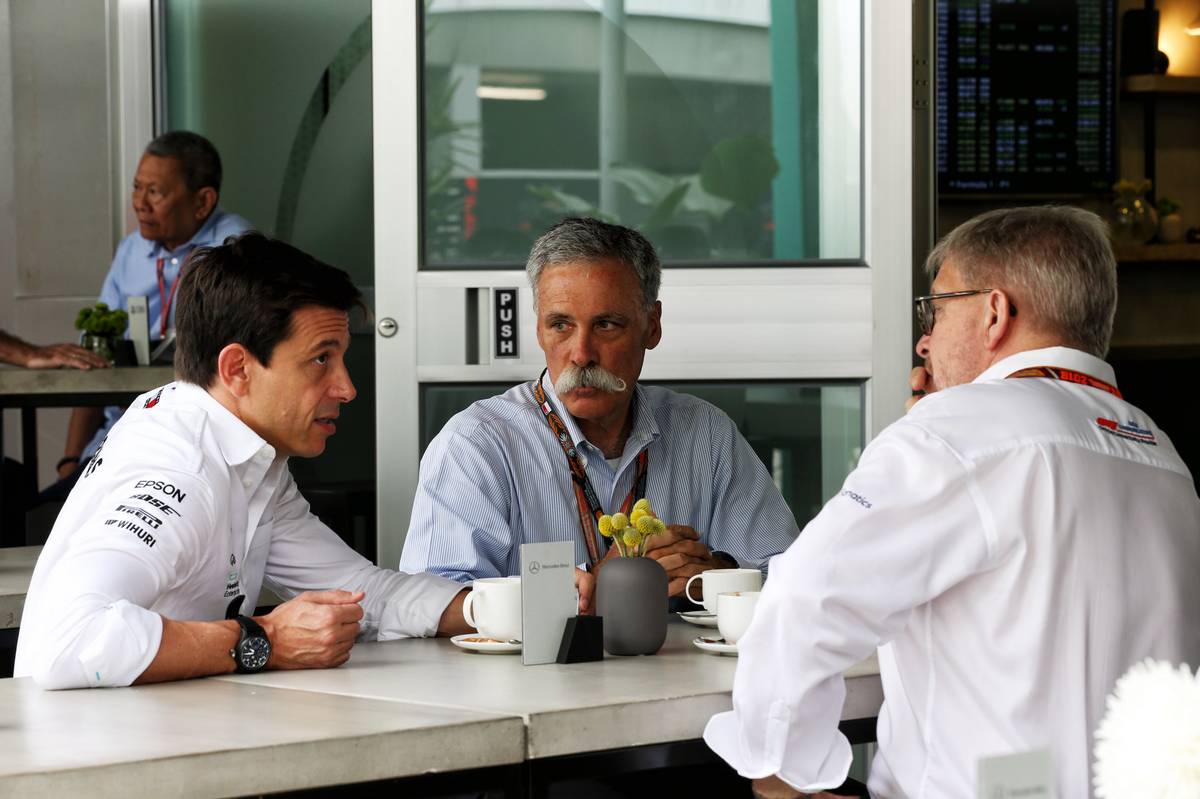
Several teams were initially wary of the cost cutting measures when the plan was tabled two years ago. But Carey insisted the concept had now garnered the "broad support" of the teams.
"In terms of the cost cap, one of the real positives is the evolving attitude towards it. We feel quite positive about where we are with the cost cap," said F1's chief executive.
"In many ways teams, some of whom had concerns going in, are increasingly supportive.
"By and large right now the support is quite broad, I think everybody believes it's an important element to the future of the sport.
"So I do think the support is built, and the teams really are behind it as being an important cornerstone to building the sport going forward."
Gallery: The beautiful wives and girlfriends of F1 drivers
Keep up to date with all the F1 news via Facebook and Twitter





